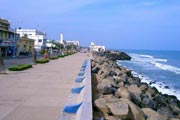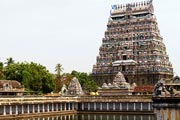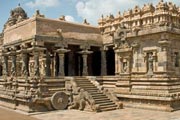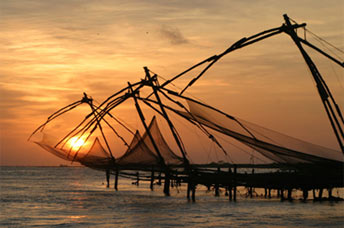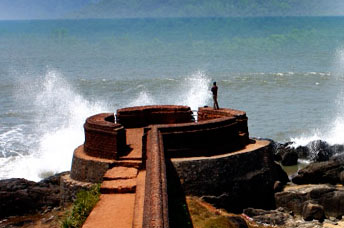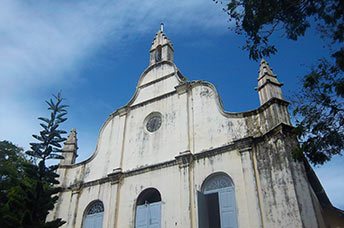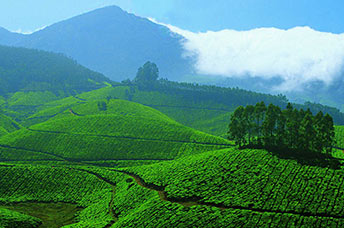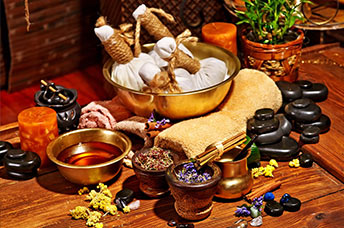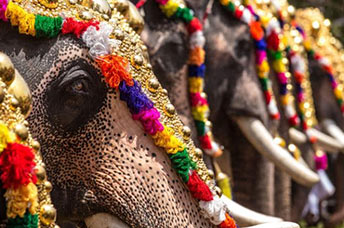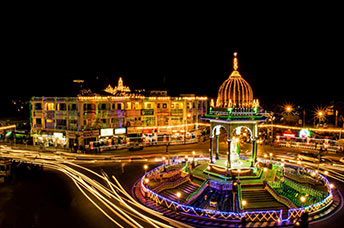The erstwhile French city and now the Indian Union Territory of Puducherry or Pondicherry appeals to different people on different levels. Some like to explore the famous Pondicherry Aurobindo ashram, founded by Sri Aurobindo and a famous Frenchwoman who came to be simply known as the “Mother”. It is famous for its meditation hall, its simple lifestyle, its pottery, handmade paper and other such crafts. It runs its own school and lives by its own philosophy.
Some prefer to wander along the perpendicular streets which remind them of Paris, lounging in the French style cafes, restaurants and hotels and pausing to admire the old French mansions of the French colonialists, who made the town their own, complete with policemen who still wear the smart French kepi or peaked cap.
And then there are those who prefer the Indian quarter – the racially named Ville Noire or Black Town which is separate from the French Quarter. Puducherry used to be part of the Pallava kingdom during the 4th century C.E., before others gained control of the territory. The Cholas of Thanjuvur, the Pandyas, the Sultanate of Madurai and the Vijaynagar empire all had their spans of rule in the region, before the Sultan of Bijapur assumed control in 1638 C.E.. In 1674 C.E., the French East India Company set up a trading post in Pondicherry but soon enough, there was a tussle for supremacy with the Dutch and the British. The town was captured by the Dutch and the British from time to time but treaties ensured its return to French hands. Some years after the Indian independence of 1947 from the British, the territory was ceded by the French to India and united with the Indian Union in 1962 – but has retained a special position as a specially administered Union Territory of India.
The Indian quarter of Puducherry boasts of large verandah lined homes with grilled windows and doors. Here, both languages – the native Tamil and French are spoken equally fluently. Signposts and menus are still printed in French in many parts of the city and there is an easy relationship with the French culture. The Pondicherry Museum is frequently visited and the beach remains a favourite with tourists and locals alike.


